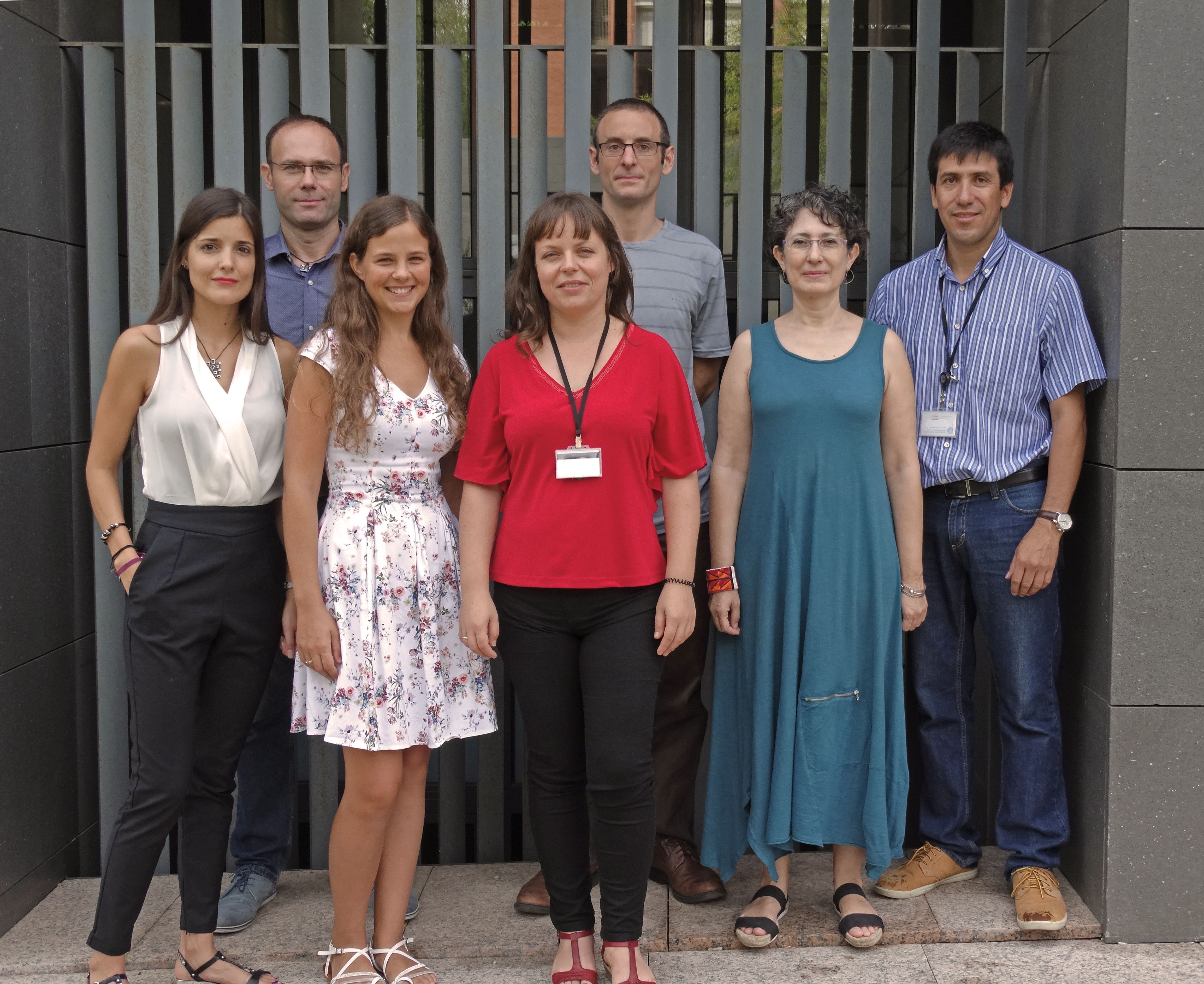
Knowing whether you have skin cancer from an image. Seeing the larynx and throat better during intubations, or getting 3D images of fossils without having to break open the stone they are inside. Bringing about these improvements is what ASE Optics does, as the company develops personalised optical systems and provides optical engineering support for firms and research centres. Moreover, the company wants to launch its own line of night vision lenses.
“The startup began six years ago with the idea of being an optical engineering company providing services for other companies to help them develop their products in the field of optics and photonics, says Andrés Cifuentes, CEO and one of ASE Optics’ founders. With this idea in mind, the company’s two founders began to work on different projects for medical instruments or scientific research centres.
Optical solutions for medicine and science
One project ASE Optics has worked on in medicine is developing a dermatoscope, an instrument capable of taking images that simulate a cut in the skin to help doctors detect beforehand the possibility of getting skin cancer. Moreover, the company has also helped improve the system for viewing the larynx and throat during intubations. “This is very useful when a medical professional has to carry out an emergency intubation that is complicated due to the patient’s personal characteristics and visual assistance is required, as well as for training other professionals,” says Cifuentes.
Yet, ASE Optics has not only worked on medical projects. In the field of archaeology, the startup took part in a project to develop systems for taking 3D images of very old fossils without the need to break open the stone they are in.
"ASE Optics’ main work continues to be providing optical services to other companies, but two years ago we decided we wanted to grow more"
“We have a large variety of clients but it is the medical and scientific sectors that have the biggest impact on our balance sheet,” says the CEO.
New lines of business
Nevertheless, about two and a half years ago, the firm saw that they could broaden their business by launching their own optical products. Taking part in the FABIMED European R&D project gave them new ideas. In this project, ASE Optics created a patented inspection system for microfluidic chips which are used above all in blood analysis. “Our work was to inspect these chips when they are still on the production line to ensure their quality was adequate,” says Cifuentes.
“Our main work continues to be providing services to other companies so they can develop their products, but we also decided we wanted to grow,” says the entrepreneur. That’s why they decided to take part in the Barcelona Mentoring Program by Barcelona Activa to help them develop a new business model. “We are engineers and that is why we needed some advice and support in developing the business,” he adds.
"We are now faced with one of our biggest challenges: getting adequate financing to help us take the next step in our project"
This is how the entrepreneurs saw they could improve security, in particular for night vision, by bettering optical quality and making it more accessible. Their night vision goggles fit inside a helmet and are suitable for all defence and security professionals. The whole optical system was developed by the company in Barcelona, thanks to the work of its eight employees. The startup is currently putting this new business line into practice and the aim is to have the first industrial product by the end of the year and to begin showing it to potential customers in Catalonia, Spain and around the world.
The company financed itself and reinvested the revenue from the projects for other companies that it has taken part in, as well as European R&D projects. Nevertheless, ASE Optics is looking into finding new funding to launch its own line of products, both the microfluidic chips inspection system, for which it needs finance and partners to market, and the night vision goggles. “We are studying whether to ask for funds from the banks or an investor partner to help us take the next step, but getting adequate financing is one of the biggest challenges we face,” concludes Cifuentes.